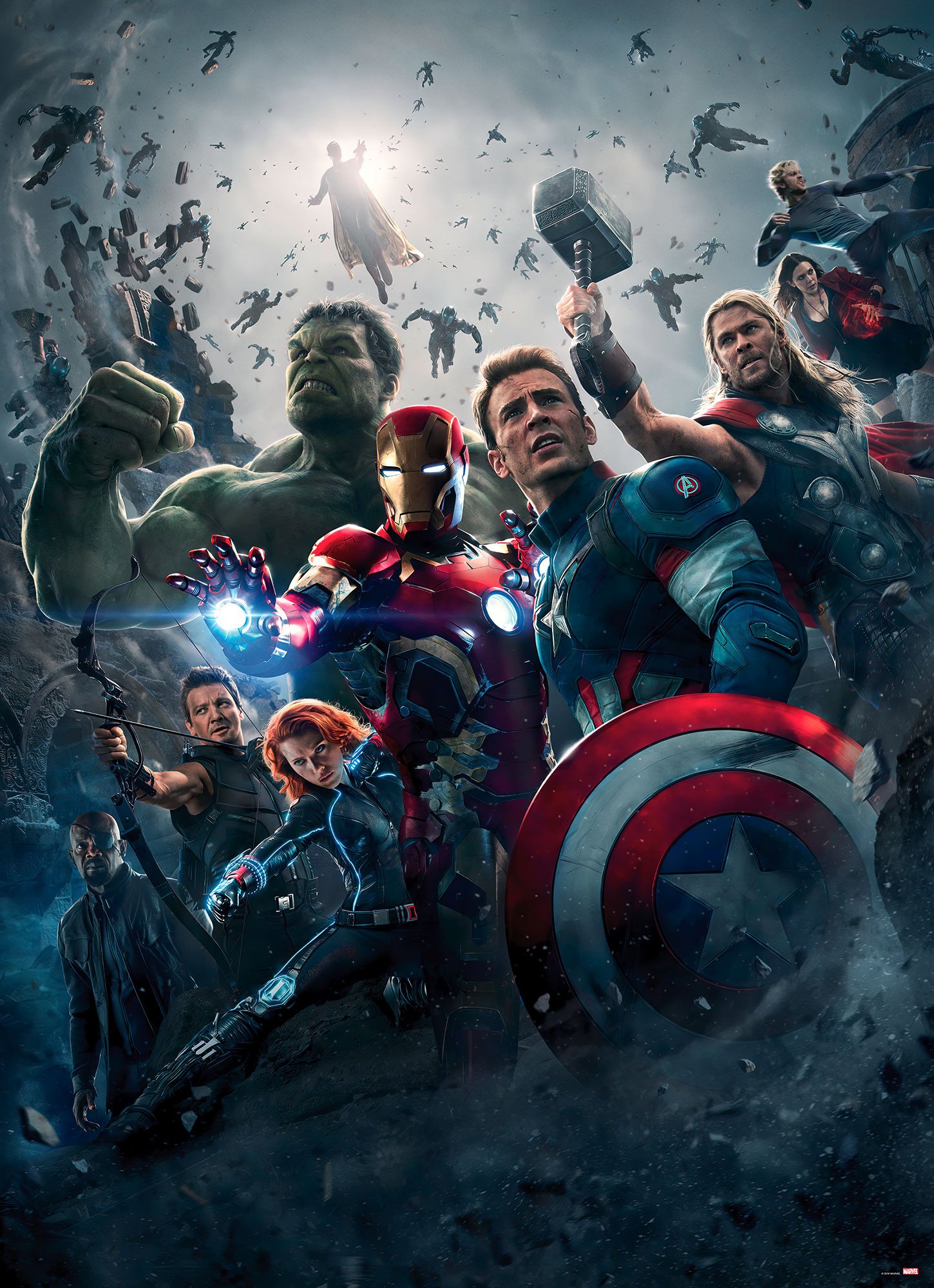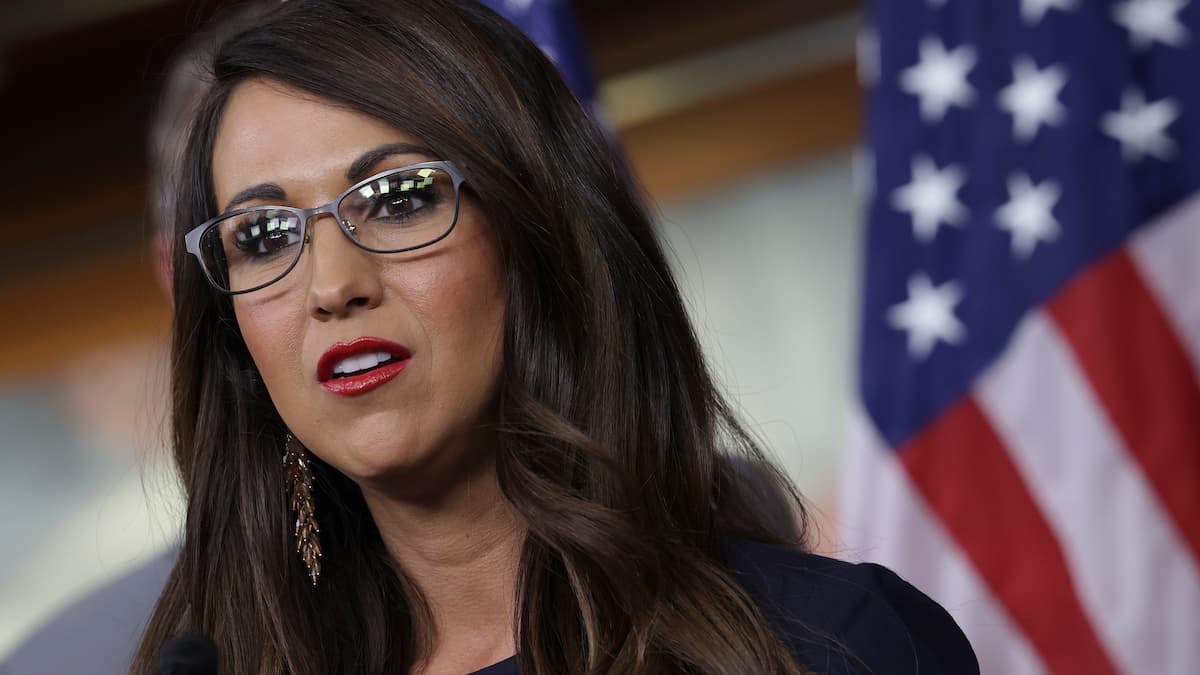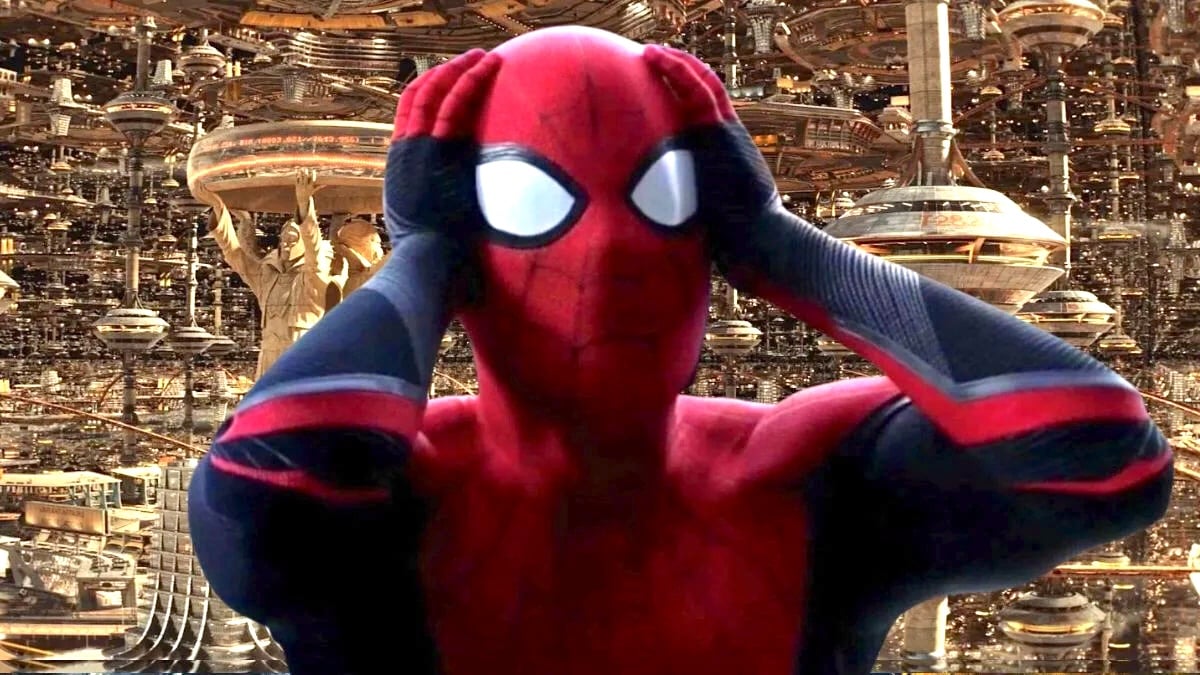Time travel can often be a mindf*ck if you think about it too hard and try to unpick the rules and regulations, so most of the time it’s best to just go with it. The Marvel Cinematic Universe toyed with the concept in Avengers: Endgame, which suited the narrative for the Infinity Saga’s final chapter, but Disney Plus series Loki has taken a substantially bigger swing.
Tom Hiddleston’s solo show has rewritten the rules of the MCU as we know them, establishing that everything we’ve seen unfold since the summer of 2008 took place on the Sacred Timeline. Now that Sylvie let her desire for revenge get the best of her and killed He Who Remains, the multiverse has been blown wide open and there’s any number of variants and alternate realities now in play.
In a new interview, Loki creator and lead writer Michael Waldron was asked how there could be so many timelines if there’s only ever been a single Sacred one, and the scribe tried his best to unpack and explain how it works without having to tie himself in knots or compromise any canon moving forward.
Okay, The best I can explain it is our approach with time travel was the philosophy basically that time is always happening. So there are infinite instances of time always occurring at once. So you and I are having this conversation right now. There’s another instance of us having this conversation ten seconds ago. There’s another instance of time of us having this conversation ten seconds in the future. Generally, those three instances, you could literally say they’re all different universes in a way different timelines, are all the same. There are minute little fluctuations in each instance of time.
So in you and I’s conversation, five times out of ten, I pick up and I say, ‘Hello’. And four times out of ten, I say, ‘Hey, nice to meet you’. And then maybe one time out of ten, I’d say, ‘Hey man, f*ck you. I don’t want to do this interview’. And that’s just how time works. There’s always like different permutations and instances happening. The TVA has their own barometer, their own gauge of what constitutes a deviation from the baseline, the way it’s supposed to go. The way it went that produced He Who Remains. That is their baseline. And so they are constantly calculating, ‘Okay, we see how time has always…’. If you zoomed in on the timeline, it wouldn’t necessarily look like a straight line.
It might look like almost the intertwined strands of a rope fluctuating and spiking here and there.When it becomes a problem for the TVA is when, according to their own rules, when could something branch off in a way that it could actually produce a new timeline that could produce a new version of He Who Remains? That is the practical thing that they’re guarding against. Does that answer your question?”
Does that clear things up? Sort of, not really and maybe just a little bit all at once. Time travel is a nightmare for any writer, especially one like Waldron, who used it as the basis for a six-episode project set in the world’s biggest franchise knowing full well the decisions he made would impact both the theatrical and streaming slate for years to come.
That’s a daunting position for anyone to be in, but we could be seeing some subtle changes made to the whats and whys as Phase Four progresses to iron out any kinks.













Published: Jul 30, 2021 09:49 am